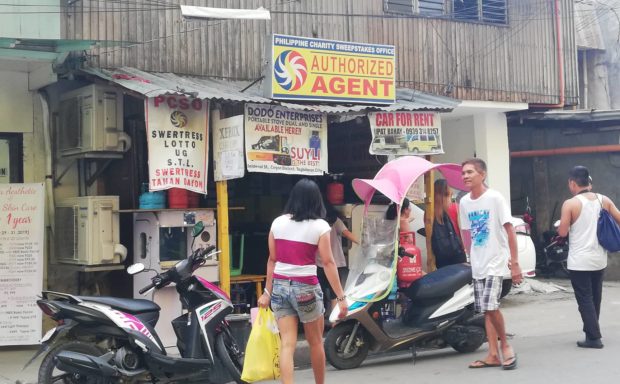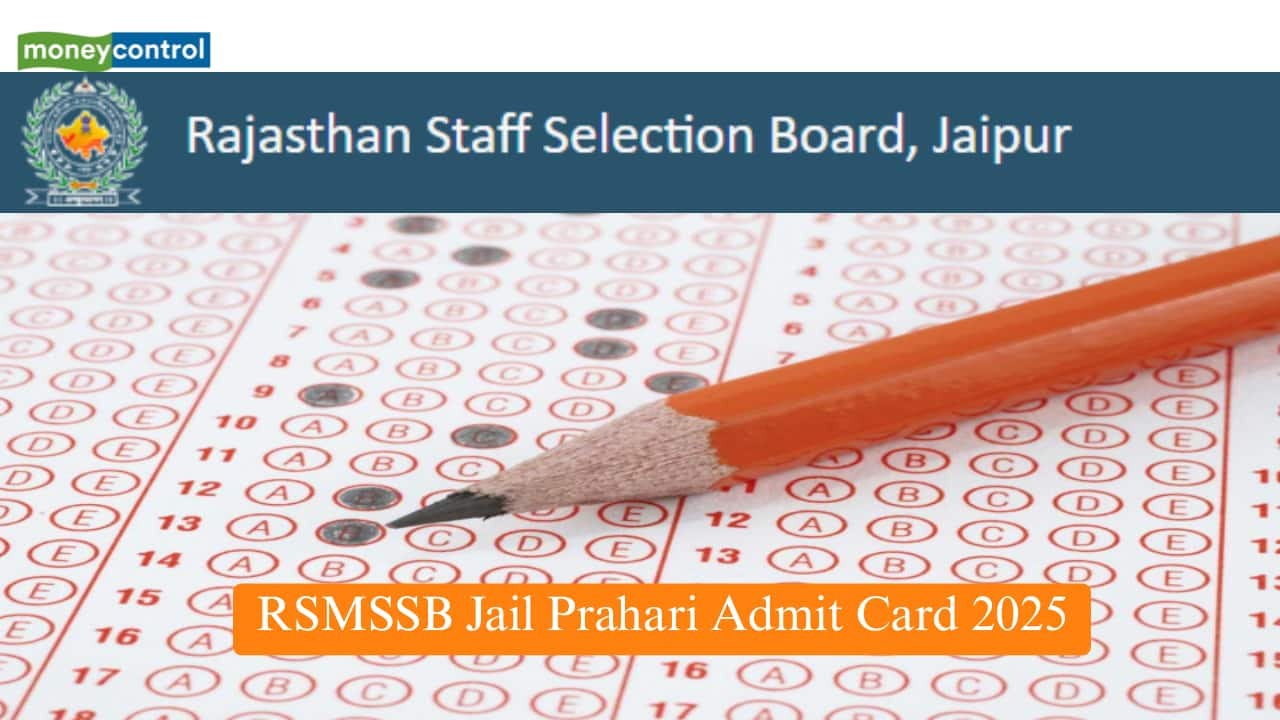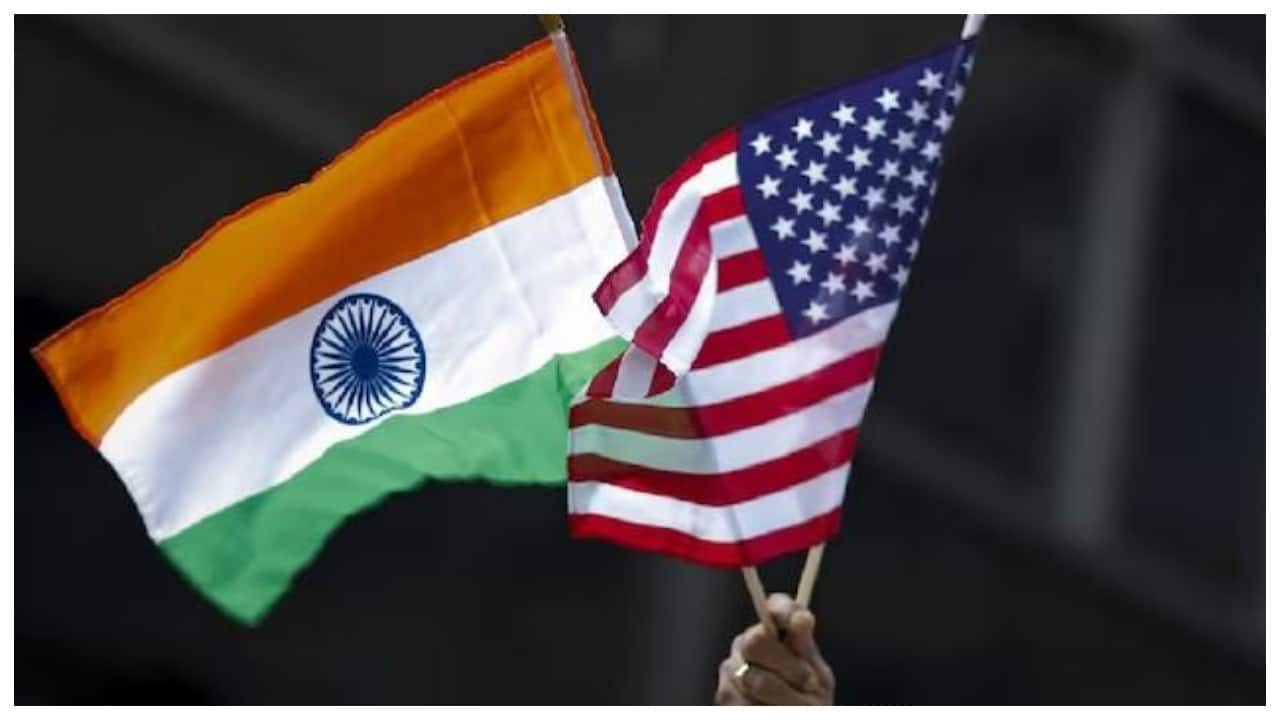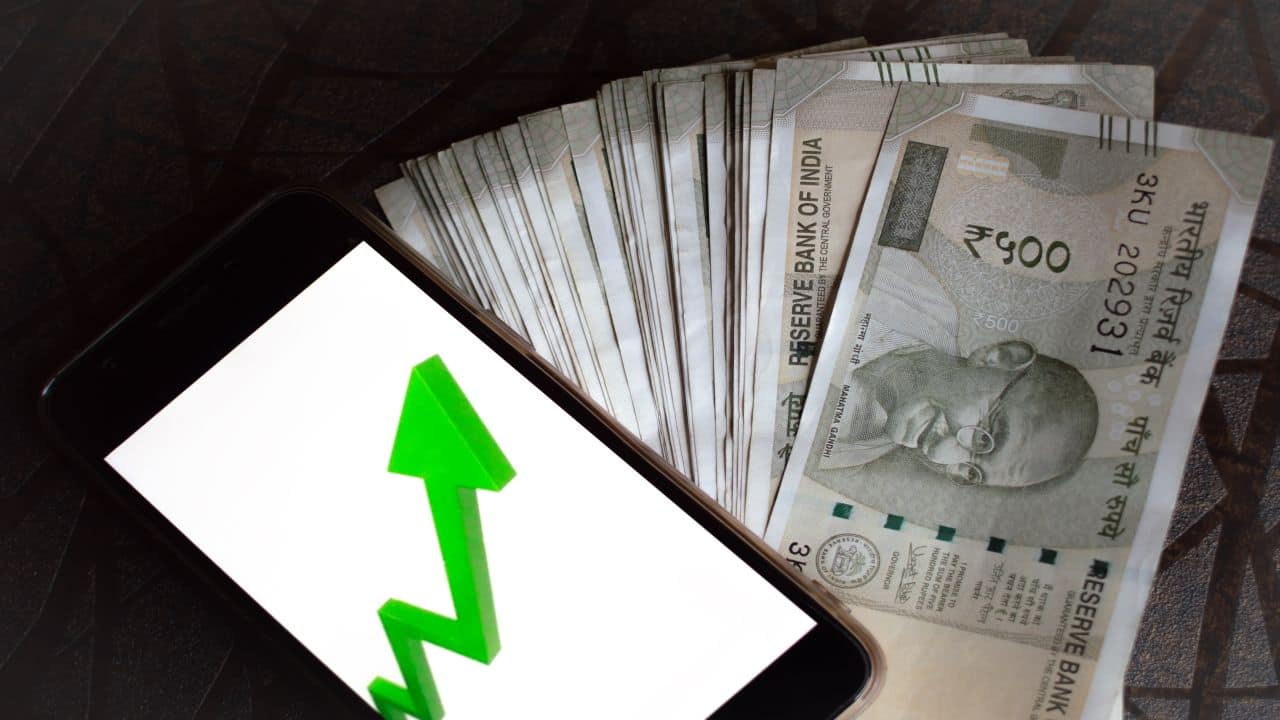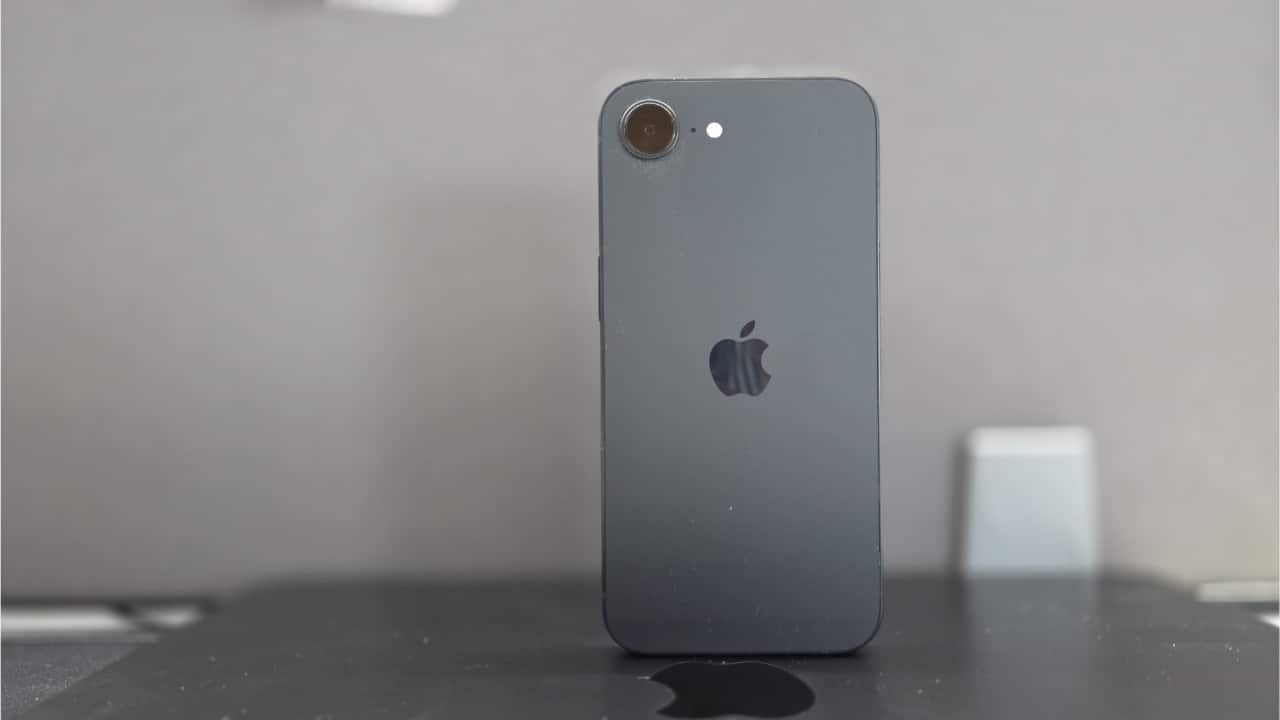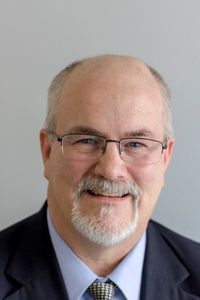AS the 2024 winter gave way to the milder chills of spring, I got a call from a news channel outside Malaysia that regularly covers the country. They were doing a story on the impact of the falling ringgit on Malaysians. For context, they also needed to speak with those who had left for "greener pastures abroad".
Could I be one of them? Sure, I said. I had just returned to New York from a three-month stay in KL. Having re-energised my Malaysian roots with enough sambal and petai, I was more than ready to leap into interview mode about my native land.

When the day arrived, I was in North Carolina to attend a play by my daughter, a soon-to-graduate drama and acting school major. Excusing myself from the family and settling into a corner of the cafe at the hotel where we stayed, I flicked on the Zoom screen to connect with my interviewer. After exchanging some pleasantries, we got to the part of why I left Malaysia.
I spoke of my time at Reuters KL, my coverage of the country's oil and gas and other natural resources, and how that parlayed into a job with Reuters America on telling the investment story in commodities which had become an asset class, just like stocks, bonds and currencies. Fine. But it was not what he wanted to hear.
Harvaniya in West New York's Early Childhood School. "You mentioned you wanted to actually enrol your daughter at a school outside Malaysia," the interviewer asked, referring to the prep call we had before the Zoom. I remember telling him then that my girl was only four when we relocated, back in 2006.
"Yeah," I responded. "Why not (school her) in Malaysia? Why did you find it necessary to actually send her abroad?" he probed. I explained that like thousands of parents in Malaysia, I knew my daughter would one day end up at a college belonging to either the UK or US system.
So, why not start her with one from day one? He didn't seem convinced by the answer. "What's the problem with the education system in Malaysia?" he asked, upping the ante. I could see where this was going.
And I was determined to set the record straight. I told him I was a product of the same education system we were discussing. And look what it had done for me – taking me from KL to Wall Street, to cover the kind of high finance, markets and traders I once could only dream of writing about.
But I also moved to the United States because my idea of education had evolved in the 20 years between the time I left school and when the New York opportunity came along. My daughter had arrived by then and the goals I had for her were beyond rote learning. I envisioned her in a school where academics alternated with field studies, performing arts and humanities.
The Malaysian national syllabus was different, of course. It still worked in providing a pre-tertiary berth to thousands of students annually, before they went to colleges of their choice at home or abroad. I just had a very different idea for my girl.
And being big on early education, I wanted her to have that from day one. Had I not left Malaysia, the alternative for my daughter would have been an international school. I knew only two at that time, as opposed to the nearly 200 in Malaysia now as the country styles itself into a private education hub that's becoming a magnet to Japanese and South Korean families seeking quality schools on a budget.
The two international schools I knew would have both taken a big bite out of my salary. But by relocating, I got the education I wanted for my daughter, without having to pay a dime more till college; transitioned myself into a career-transforming job and gave my family the chance to experience life in another land. Win, win, win, I reasoned in summation.
The problem for my interviewer was that his network wasn't winning with the way I was telling my story. What they needed was for Malaysians – past and present – to dunk on the country. I was making Malaysia fragrant instead.
"So, there's no 'push' factors that motivated you to actually take that decision to move abroad?" he asked, trying to see if he could still push his network's narrative on me. And that's how it went for most of the 30 minutes that we spoke: Me casting the relocation as a decision unique to my situation, and him trying to tie me to the notion that most Malaysians loathed their country anyway and would jump at the first opportunity to flee. When the program finally aired, I had to admit the story on the ringgit was well done.
Every assertion made on the currency was backed by complementing data and expert commentary. But everything else felt like a hatchet job on Malaysia, with not one redeeming view of the country. The message to anyone watching was clear: This is a sinking ship.
Get out if you can. My appearance itself lasted about 90 seconds, out of a runtime of 47 minutes. Besides being shown at my workstation and walking around town, I was given two sound bites.
The first had me saying that Malaysia's inflation had been worsened by the tumbling ringgit. To be sure, I said more, including that cost of living was something relative across the world, with even US net incomes barely allowing Americans to make it in many of their cities now. The writer's son, Vicckaash Krishnan, when young with the Star Spangled Banner on US Independence Day.
In the second sound bite, I confess, a little amusedly, that my kids – including a son born in the United States in 2008 – were a little too American to follow me if I decided to return to my native land for good someday. But sandwiched between the negativity of the other commentators, and the ominous voice of the narrator, it sounded more like an indictment of Malaysia than the musings of a man acknowledging the difference between his wants and his children's. I tell all these for a reason: Many of us are so absorbed with the bad of this country that we often forget its good – and there might be more good than bad, depending on your thinking.
And how you think would be conditioned by your experiences within, as well as outside – and how long you've been away. For someone who has spent almost 20 years in the United States, let me tell you: Malaysia is still a paradise. If you've been away as long as me, you'd know that.
And my calling Malaysia a paradise has nothing to do with how I feel about the United States. Some may think I've soured on the United States after my time there. Let me tell you I wouldn't have become a naturalised American if that's the case.
The truth is I love both countries, for different reasons. The America that I know After arriving in the United States in the spring of 2006 and on our way to the hotel, I remember asking the person behind the wheel if we were already in New York City, an hour after leaving Newark airport in adjacent New Jersey. "Yes, we're in New York .
.. can't you see all the tall buildings?" he replied.
My wife and I looked out the window in the dark. Sure, there were lots of gleaming towers. But for some odd reason, we didn't feel any wow.
Why? Because we've seen enough gleaming towers in Kuala Lumpur. I had even worked in the tallest of them all – KLCC. Sure, Kuala Lumpur might not have as many skyscrapers in a quarter mile radius as New York.
But what Malaysia had prior to my departure – including a Formula One track – was good enough by my standards. The Big Apple had to do more to impress me. In the coming days, I discovered more of New York that I felt lacking.
Healthcare was one. Late one evening, my four-year-old was hopping between two couches in our apartment when she missed one, her chin catching the edge of the glass coffee table as she landed. Blood began gushing from the cut and we feared it could be deep.
I scooped her into my arms, my wife pressed a towel under the cut and we raced down to the lobby. "Where's the doctor here?" I bellowed to the doorman. "Señor, just tell the cab 'Roosevelt Hospital'," he told me.
Now, having grown up on a steady diet of American movies and medical dramas like ER , I expected things to move at super speed on our arrival at the hospital, with an orderly or two grabbing our child from us and rushing her into treatment. The truth is the only thing I saw of Speed that night was the movie starring Keanu Reeves, which was running on cable TV at the hospital. After someone took our particulars down, it took nearly two hours for a doctor to emerge.
He looked tired, as though he should have in bed hours ago. He asked what the problem was and when we told him, he looked intently at the cut, where the blood had congealed by then. He cleaned the surface of the wound, pinched the flesh together and applied what is commonly known in America as a band-aid – what we call "plaster" in Malaysia.
"She should be fine after this," he said, straightening up. "Are you sure?" I asked disbelievingly. "She doesn't need stitches?" He shook his head.
"No, it's a healing band-aid." "Ok, so where do we pay?" my wife asked, clearly wanting to be out of there. "Do you have insurance?" the doctor asked.
I told him we just arrived and I believe my company had me covered. "Ok, then leave us your address and we'll send the bill," he said, walking away. Three weeks later, the bill arrived .
.. for US$750 (RM3,550).
I rang the office from my home and practically yelled to the HR person who answered: "Do I have insurance? Please say I do!" A calm voice assured me I did. When I told her about the bill, she directed me to look under "patient responsibility". "What does it say?" she asked.
"US$20 (RM90)," I replied. "That's what you pay," she said. Since then, I've never pretended to understand how healthcare worked in America; how treatment for a simple cut on a chin could cost almost US$800 (RM3,580, that was nearly 20 years ago; imagine now); how my responsibility was just US$20, while the insurer pays US$730 (RM3,270, assuming it paid the entire balance, which I doubt).
How can there be so much disparity between the two? And what about the uninsured? We crib about private hospitals in Malaysia and rightly so in many cases. But at least we get prompt attention – not wait two hours to treat a cut or pay RM800 for a fancy plaster. While I gripe about these, the America that mattered to me was the one that protected my dignity and liberty as an individual and my right to free speech.
That's the United States which I fell in love with – the one that convinced my wife, daughter and me to become naturalised, in order to be one with my son who was born there. But enough about America. Let's get back to Malaysia – the point of this column.
Two Malaysias To me, there are two Malaysias. The "first Malaysia" is the one you wake up to, when you open your phone's chat groups in the morning and read about the most horrible and depressing things you can about the country. After your temperature has been sufficiently raised, you realise you need to get to work.
You shower, dress, get into a certain amount of traffic and reach the office, where you do anywhere from eight to 10 hours of work, breaking for lunch, sometimes with colleagues. You get into more traffic later to return home to dinner and have some family time before bed. Supposing this was a Monday, then the routine goes on till Friday.
After that, the weekend arrives, where you have some quality time with family and those who matter. Then Monday returns and it's rinse and repeat. So, where's the "second Malaysia", you must wonder.
It was right there – the part between when you put down the phone in the morning and went to bed at night. That's where the "second Malaysia" exists and that's where most of us live. Often, you don't even know you're there because you're too busy chasing goals, dreams and everything else that matters to you in this cherished space.
The trouble though is when that "second Malaysia" of yours intersects with the "first Malaysia" at any point, when you happen to personally experience the horrible, depressing things you've read. That's when things can get messed up. Otherwise, life can be placid or pretty manageable.
These days, whether I'm in KL or New York, I look for more positives than trying to fix the negatives around me. I find I actually make progress at times on the "untouchables", even when I'm focused only on the touchables. Thus, this column is all about the positives of Malaysia.
There's no place for vents, rants, hate or rage here. This is about the country we were born into – the one we should love unconditionally. Barani Krishnan started out writing for newspapers in Malaysia, including The Star, before moving to wire service Reuters America and Wall Street chronicler Investing.
com. These days, he divides his time between Kuala Lumpur and New York. Have a story on a great Malaysian individual, innovation or achievement? Write to barani.
[email protected] The views here expressed are the author's own.
Politics

An American rediscovers his Malaysia

AS the 2024 winter gave way to the milder chills of spring, I got a call from a news channel outside Malaysia that regularly covers the country. Read full story



